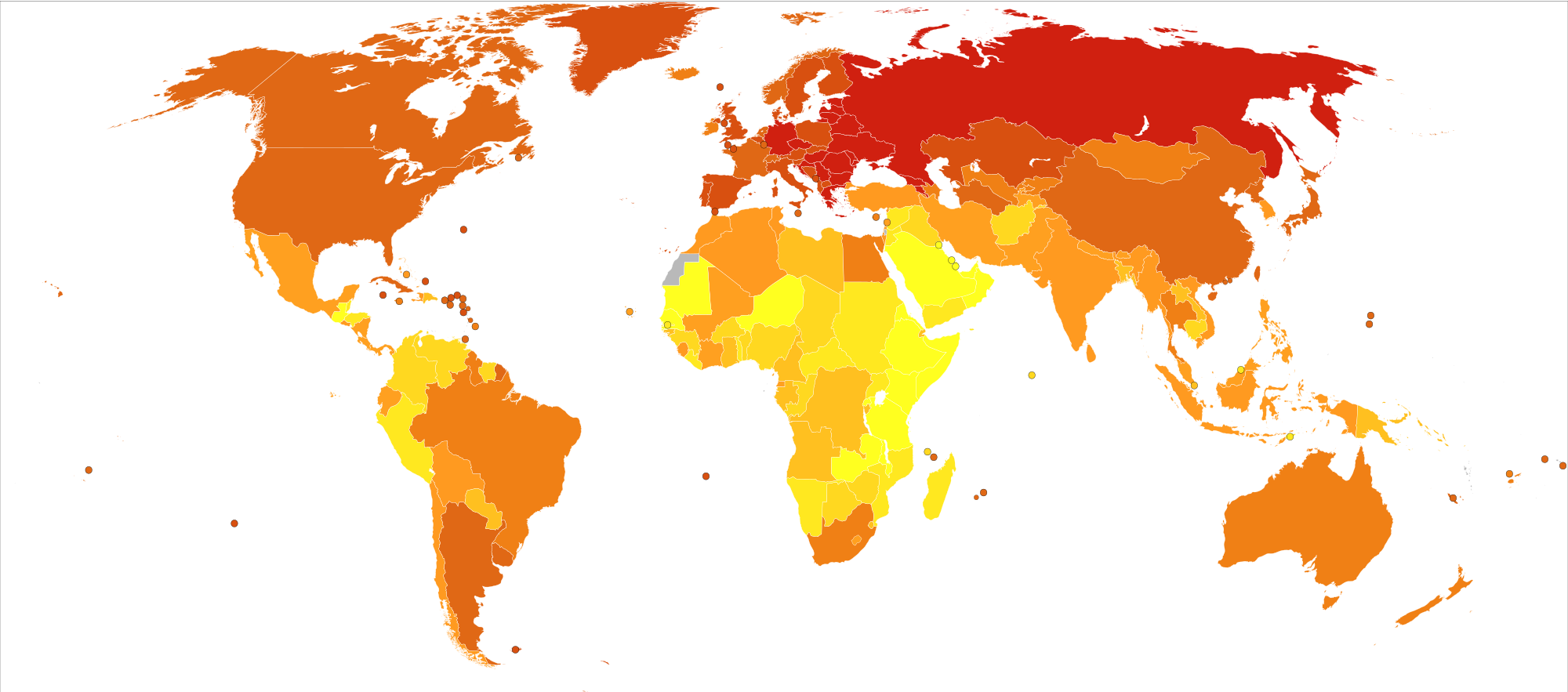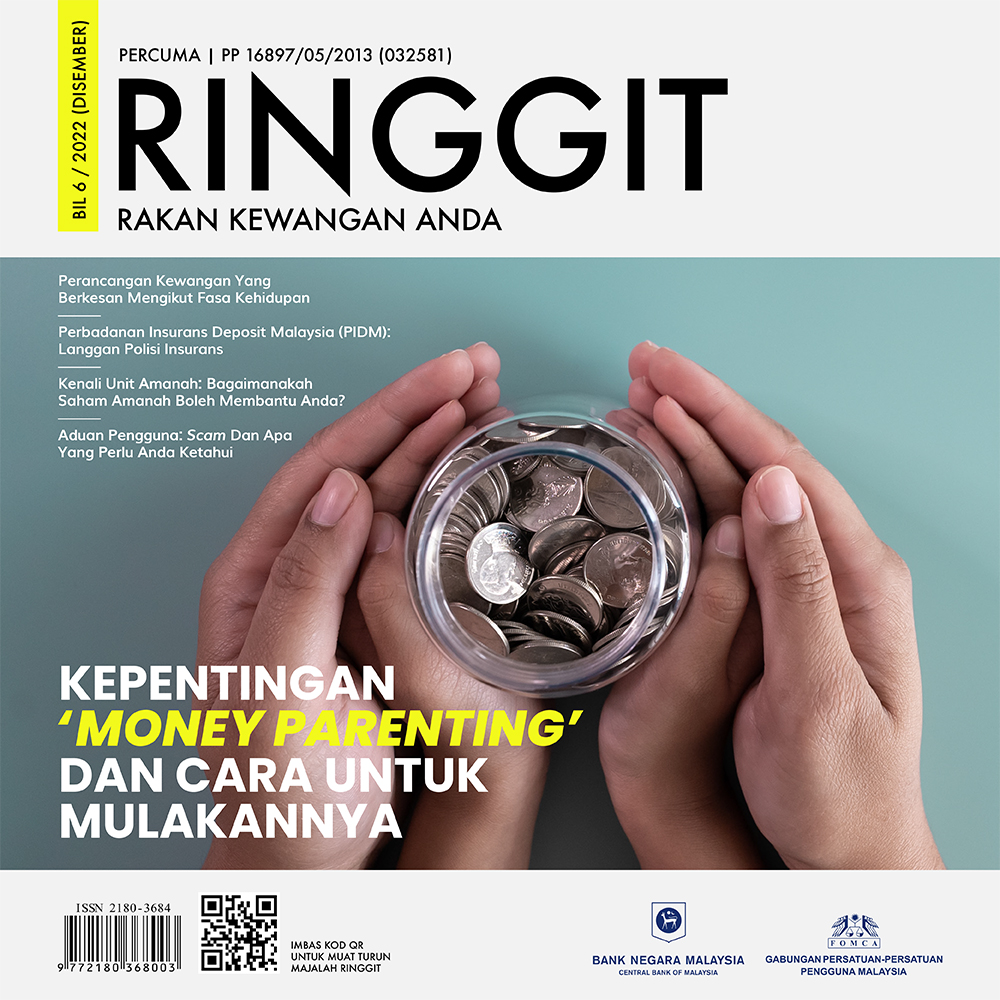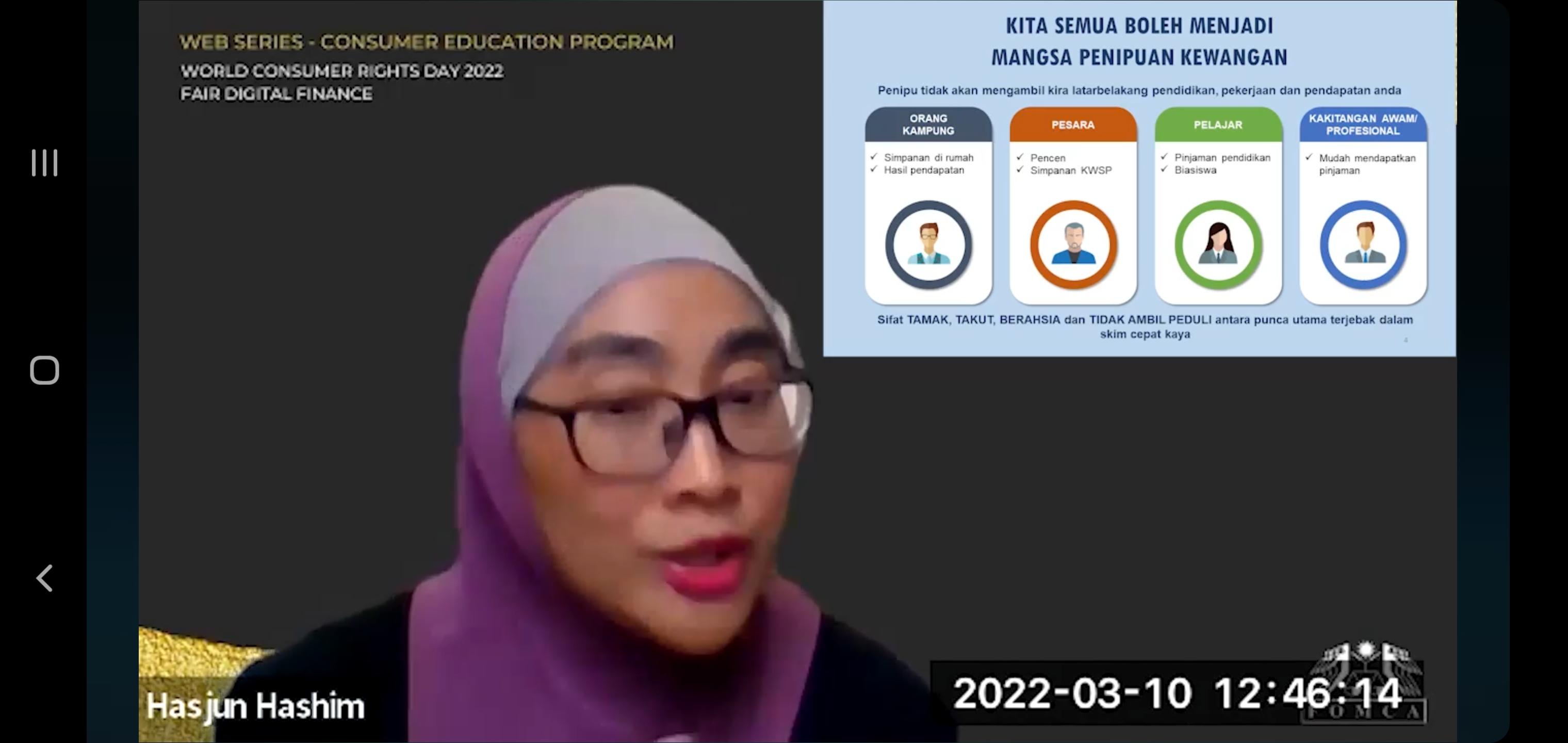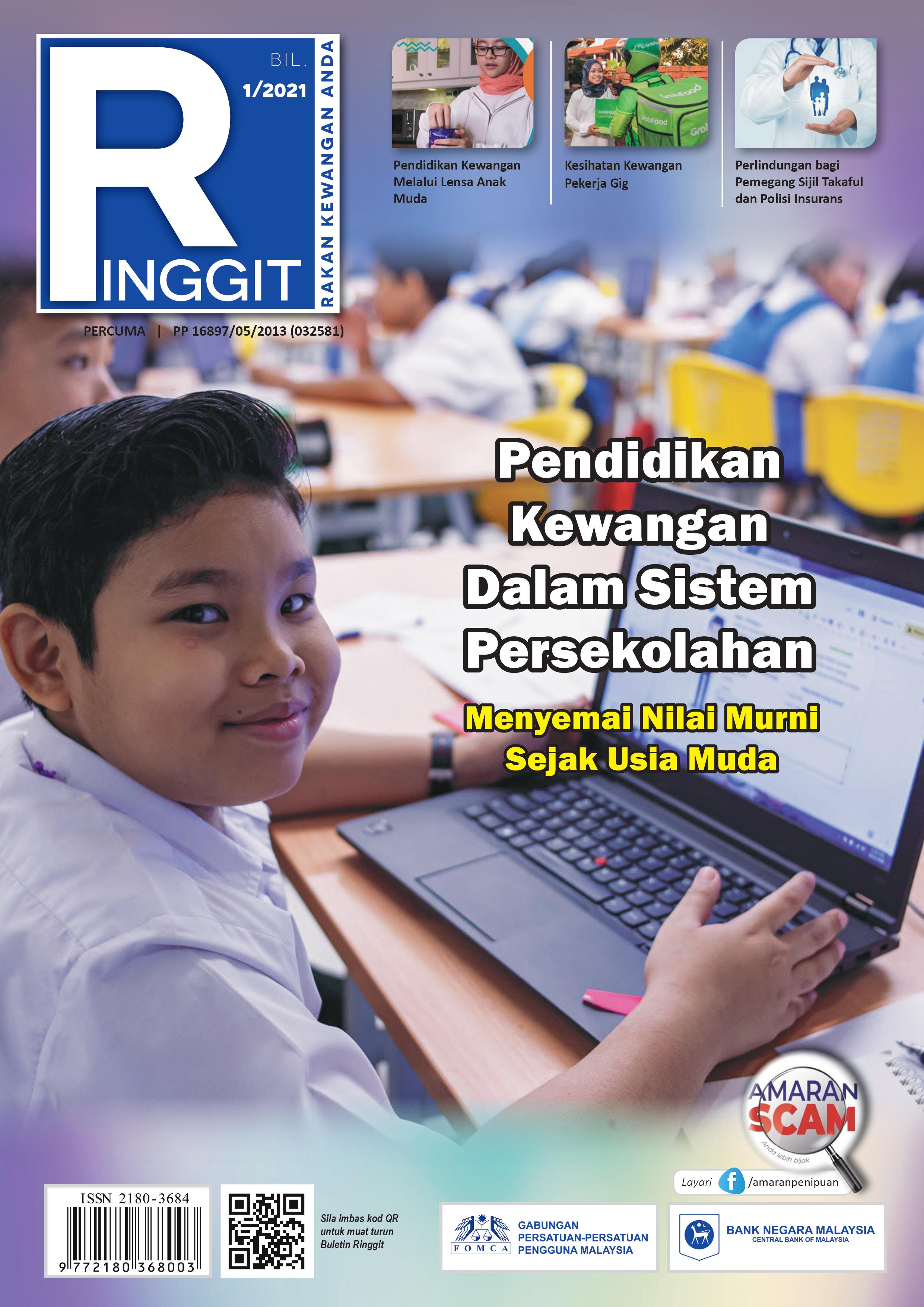- Details
Keputusan mengenai kadar terbaharu tol akan diketahui Jun ini. Ketika ini, kajian holistik sedang dilakukan Kementerian Kerja Raya bersama perunding bebas. Jelas Menterinya, Baru Bian. keputusan kajian itu dijangka dibentang kepada pihak kementerian bulan depan, sebelum dibawa ke kabinet. Beliau menjelaskannya di Batu Pahat Johor, selepas merasmikan Sistem Solar Fotovolta Pertama di R&R Machap. Jangkaan Kementerian Kerja Raya, akan ada berita baik mengenai kadar tol, selain yakin keputusan dibuat kelak mengambil kira kesejahteraan rakyat.
Video: http://www.onenews.my/kadar-terbaharu-tol-dimuktamadkan-jun/
- Details
Perjumpaan Presiden FOMCA Dr Marimuthu dan Miss Shabana Naseer bertemu pegawai KPDNKK Bahagian Kepenggunaan.
- Details
KUALA LUMPUR: Kumpulan kongsi gelap dipercayai menjadi pelindung kepada pendatang asing di kebanyakan pasar borong, terutama di Lembah Klang bagi memastikan perniagaan mereka ‘kebal’ daripada tindakan pihak berkuasa.Mereka dikatakan menguasai tapak niaga tidak berlesen di luar pasar borong utama serta mendakwa mereka mewakili persatuan peniaga dan penjaja tertentu.Di Pasar Borong Lama Selayang di sini, sekurang-kurangnya 80 peniaga warga asing dipercayai bernaung dengan kumpulan kongsi gelap ini sehingga mereka berupaya memonopoli tapak perniagaan haram di luar bangunan utama pasar.Siasatan wartawan BH ke atas beberapa peniaga asing di pasar borong Selayang lama mendapati mereka dikenakan ‘wang perlindungan’ atas nama sewa harian serendah RM50 bagi satu tapak.Malah, wang perlindungan yang dikutip setiap hari ada yang mencecah RM200 sehari bergantung kedudukan tapak yang biasanya lebih tinggi jika terletak di laluan utama ke pintu masuk pasar.Kongsi gelap mampu meraih antara RM120,000 hingga RM480,000 sebulan bagi satu pasar borong hasil sewa tapak haram dan kutipan wang perlindungan.
Kegiatan sejak 10 tahun lalu
Katanya, kegiatan itu sudah wujud lebih 10 tahun, namun masih berleluasa termasuk berselindung di sebalik nama persatuan yang tidak aktif.“Selain isu monopoli perniagaan pasar borong, peniaga asing turut dikesan mencuri bekalan elektrik dari surau sementara yang dibina di bawah jambatan berhampiran pasar...
- Details
THE recent death of yet another young child from diphtheria, a disease that can be easily prevented by immunisation, is a national tragedy.We should ask ourselves some searching questions: When a young child dies from a preventable disease, whose responsibility is it?It is of course the parents who failed to vaccinate the child. These are not “bad” parents who intentionally want to harm their child, but there is no denying the fact that their reluctance to immunise the child caused his death. Were they unaware of the other children who died recently?There has been sufficient media coverage to know that in 2018, there were 18 cases of young children with diphtheria, and that five died. So why did they expose their child to such a risk?
So why do these parents take such a risky course of action?A certain group of people is also responsible for this child and other children’s death. This is the group that is very loud on social media and quick to give “expert” opinions but fail to be present to take responsibility when children die from easily preventable diseases.They are the alternative and complementary medicine practitioners and some medical doctors. They have brainwashed and misled parents. Religious sensitivities to them are more important than the lives of children.No one is denying the fact that vaccines have side-effects but any sensible review of historical and scientific data will show how vaccines have helped to control many lethal diseases that used to kill and damage thousands of children. The re-emergence of diseases long controlled in the past is due to these anti-vaccine practitioners.I want to ask everyone why we are not taking these anti-vaccine proponents to task. They are the ones who are primarily responsible for the death of the young boy in this latest case.
- Details
PETALING JAYA: The total cost of taking over the highways in Malaysia may breach RM100bil, with the equity portion of the concessionaires’ companies forming a larger amount than the RM52bil worth of bonds owed by the highway companies.With 23 companies having issued RM52.83bil worth of bonds and sukuk as of May last year, analysts said the equity portion of any takeover is estimated to be between RM60bil and RM80bil, which would push the total cost to RM130bil.
They said the total cost of the takeover of highways would depend on which method of valuation is used in the acquisitions. The discounted cash flow method or the enterprise value to earnings before interest, tax, depreciation and amortisation could feature, like it did when Permodalan Nasional Bhd bought Silk Highway.Cost could, however, fall dramatically should the government flex its muscle in pushing through any deal with national interests in mind with the concession companies.“While the solution and content of the nationalisation exercise may be net positive, the term expropriation sends shivers down investors’ spine,” said an analyst.
The government announced on Saturday it had begun talks with Gamuda Bhd to buy the concession agreements of four highways as part of its promise to abolish tolls in stages.The Prime Minister’s Office said the four highways are Lebuhraya Damansara Puchong (LDP), Sistem Penyuraian Trafik KL Barat (Sprint), Lebuhraya Shah Alam (Kesas) and the Smart Tunnel.It is expected that negotiations with other companies are underway as KPMG is acting on behalf of the Malaysian Highway Authority. It was reported that Ernst & Young is working on a study on the tolled highways.
Read more: Taking over of toll highways estimated at RM130bil
- Details
KUCHING: A man, arrested in connection with a cheating case involving 47 Malaysians who were held in Cambodia, has been remanded for four days.Kuching court registrar Dora Undau issued the order following an application by investigating officer Asst Supt Pricha Azin.On Saturday, the 34-year-old suspect was arrested at his house here.To date, 23 people, comprising 18 men and five women, lodged police reports on the case.All of them were released after the authorities there found that they had been duped by a job agency syndicate. — Bernama
- Details
PUTRAJAYA: Kementerian Pendidikan Malaysia (KPM) meminta pihak pengurusan sekolah supaya mengambil langkah berjaga-jaga susulan keadaan cuaca panas dan kering yang berterusan di beberapa negeri di utara dan pantai timur Semenanjung Malaysia.KPM dalam kenyataan hari ini berkata antara langkah yang perlu diambil termasuk memantau aktiviti yang boleh mendedahkan murid kepada keadaan cuaca panas bagi memastikan kesihatan mereka tidak terjejas dan menangguhkan semua aktiviti luar bilik darjah jika cuaca terlalu panas.Selain itu, katanya bekalan air minuman bersih perlu dipastikan mencukupi, menggalakkan murid mengambil air minuman dalam kuantiti yang sesuai bagi mengawal suhu badan dan membekalkan air minuman kepada murid asrama sekiranya keadaan kritikal dan tiada sumber lain bagi mendapatkan air minuman.
"Sentiasa berwaspada dan bekerjasama dengan klinik dan hospital berdekatan sekiranya berlaku sebarang komplikasi ke atas murid akibat cuaca panas," katanya.KPM berkata jabatan pendidikan negeri dan pejabat pendidikan daerah juga hendaklah mengadakan pemantauan bagi memastikan pematuhan langkah-langkah itu oleh pengurusan sekolah di negeri dan daerah masing-masing."Semua sekolah perlulah diingatkan agar lebih peka akan bahaya cuaca panas dan mengambil tindakan berdasarkan prosedur operasi standard sedia ada," katanya.
Read more: Cuaca panas, sekolah diminta ambil langkah berjaga-jaga
- Details
SEJAK kebelakangan ini, ramai pengguna khususnya dalam kalangan mereka yang berpendapatan sederhana dan rendah mengeluh mengenai kenaikan harga pelbagai barang keperluan seharian sehingga menyusahkan kehidupan mereka.Bermula daripada barangan basah seperti ikan, daging, telur sehinggalah kepada barangan keperluan lain seperti sabun basuh dan ubat gigi, harganya kini banyak yang melambung.
Bagi yang berpendapatan tinggi, mereka mungkin tidak merasai sangat keperitan ekoran kenaikan harga barang ini. Namun, kepada mereka yang bergaji rendah pastinya akan merasai kesukaran untuk memenuhi keperluan keluarga mereka setiap hari.Sebenarnya, itulah situasi yang terpaksa dihadapi oleh sebahagian besar daripada masyarakat kita hari ini apabila para peniaga mula memberi pelbagai alasan untuk membolehkan mereka menjual barangan pada harga yang tinggi.
- Details
PUTRAJAYA: Enforcement efforts to tackle pollution in Malaysia will be doubled, says the Energy, Science, Technology, Environment and Climate Change Ministry (Mestecc).Its minister Yeo Bee Yin said it planned to focus on plastic recycling factories as well as open burning for the first quarter of the year.She added that the enforcement efforts were among the key performance indicators (KPIs) set for her ministry.
“So if last year we had, say, 1,000 enforcement cases, this year it will be 2,000 cases because the reason why pollution is happening in Malaysia is because there isn’t enough enforcement.“So this year, our first step is to assess the number of cases last year and increase the enforcement by 100%.
“To those who flout the environmental laws, I would like to remind you that the government can detain, charge or bring (such perpetrators) to court,” she said at a press conference after delivering her ministerial address to staff here yesterday.Earlier this month, Yeo announced that the ministry was stepping up efforts to mitigate Malaysia’s plastic waste crisis by shutting down 100 illegal plastic waste recycling factories nationwide.
Read more: ‘Our first step is to assess the number of cases last year and double enforcement’
- Details
 Alarming. Pandemic. Crisis. It's the words to sum the situation of non-communicable disease (NCD) in our country. According to National Health and Morbidity Survey of 2015, almost one out of five Malaysians has diabetes. The projection was set in 2020 but came true five years early. Other finding shows nearly half of our population are overweight -the highest prevalence in the region. According to a The Economist Intelligence Unit (EIU) report, obesity cost our country RM4.3 - RM8.6 billion last year - an equivalent of 10 and 19 per cent of our country's healthcare spending.
Alarming. Pandemic. Crisis. It's the words to sum the situation of non-communicable disease (NCD) in our country. According to National Health and Morbidity Survey of 2015, almost one out of five Malaysians has diabetes. The projection was set in 2020 but came true five years early. Other finding shows nearly half of our population are overweight -the highest prevalence in the region. According to a The Economist Intelligence Unit (EIU) report, obesity cost our country RM4.3 - RM8.6 billion last year - an equivalent of 10 and 19 per cent of our country's healthcare spending.
The lack of physical activity coupled with unhealthy diet that comprises excessive calories, high consumption of sugar or salt among us are seen as the main contributing factor to high NCD in Malaysia. Many initiatives like social media, creating collaboration among stakeholders, awareness among people and even a new logo to help consumer choose healthier food products has been created to improve our Malaysian health. The abolishment of subsidies for sugar back in 2013 in hope to decrease sugar consumption, did not achieve its intended goal. How can we tackle the NCD pandemic more effectively? PHREAM believes the next step lies in improving the product labelling and how nutrition information is conveyed to consumers.
Page 1 of 10





















_Page_01.jpg)








